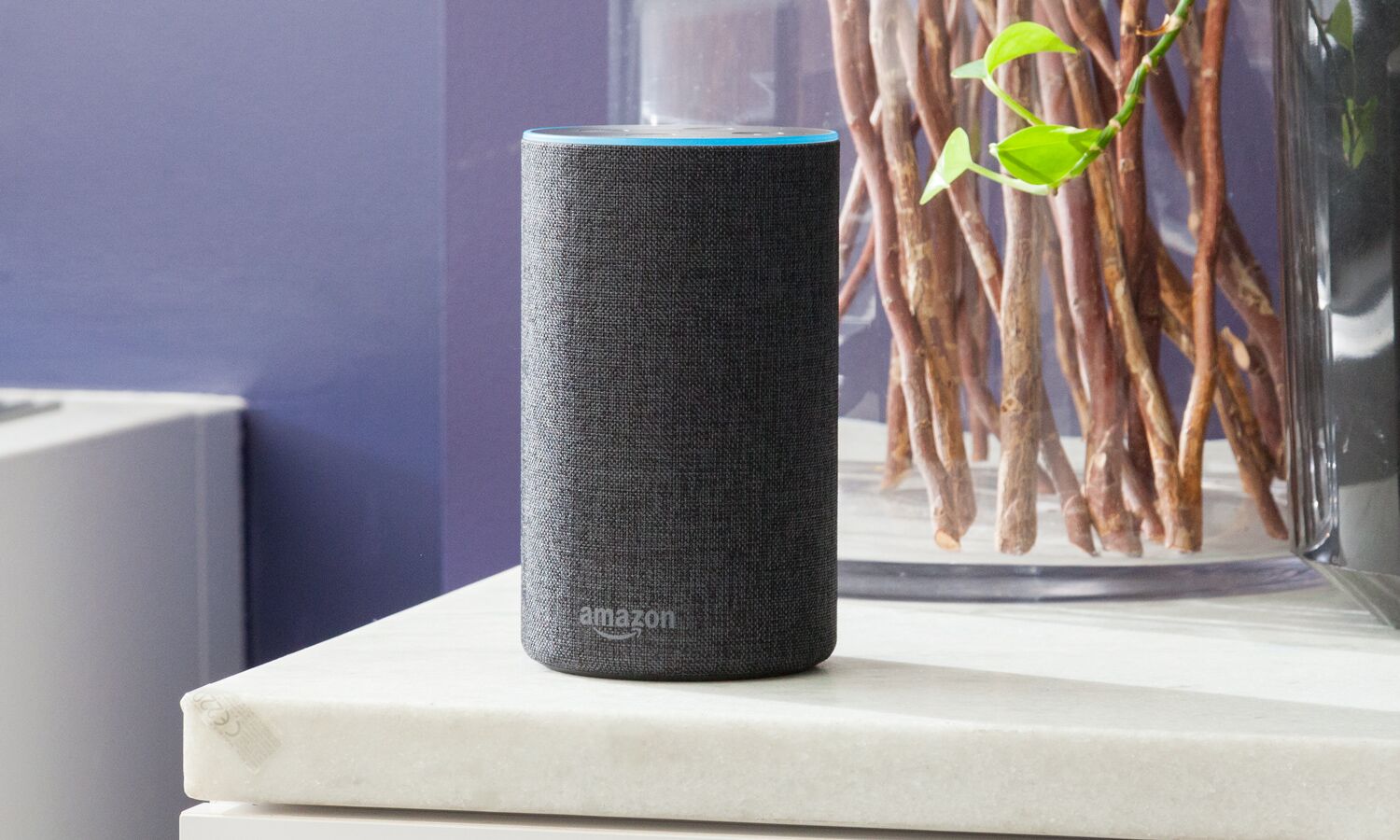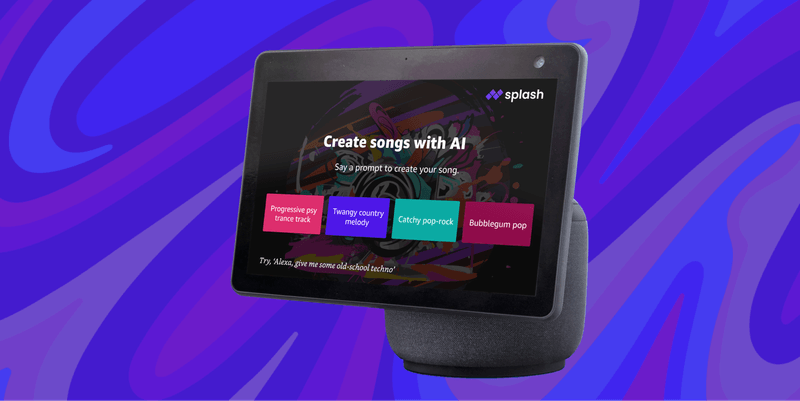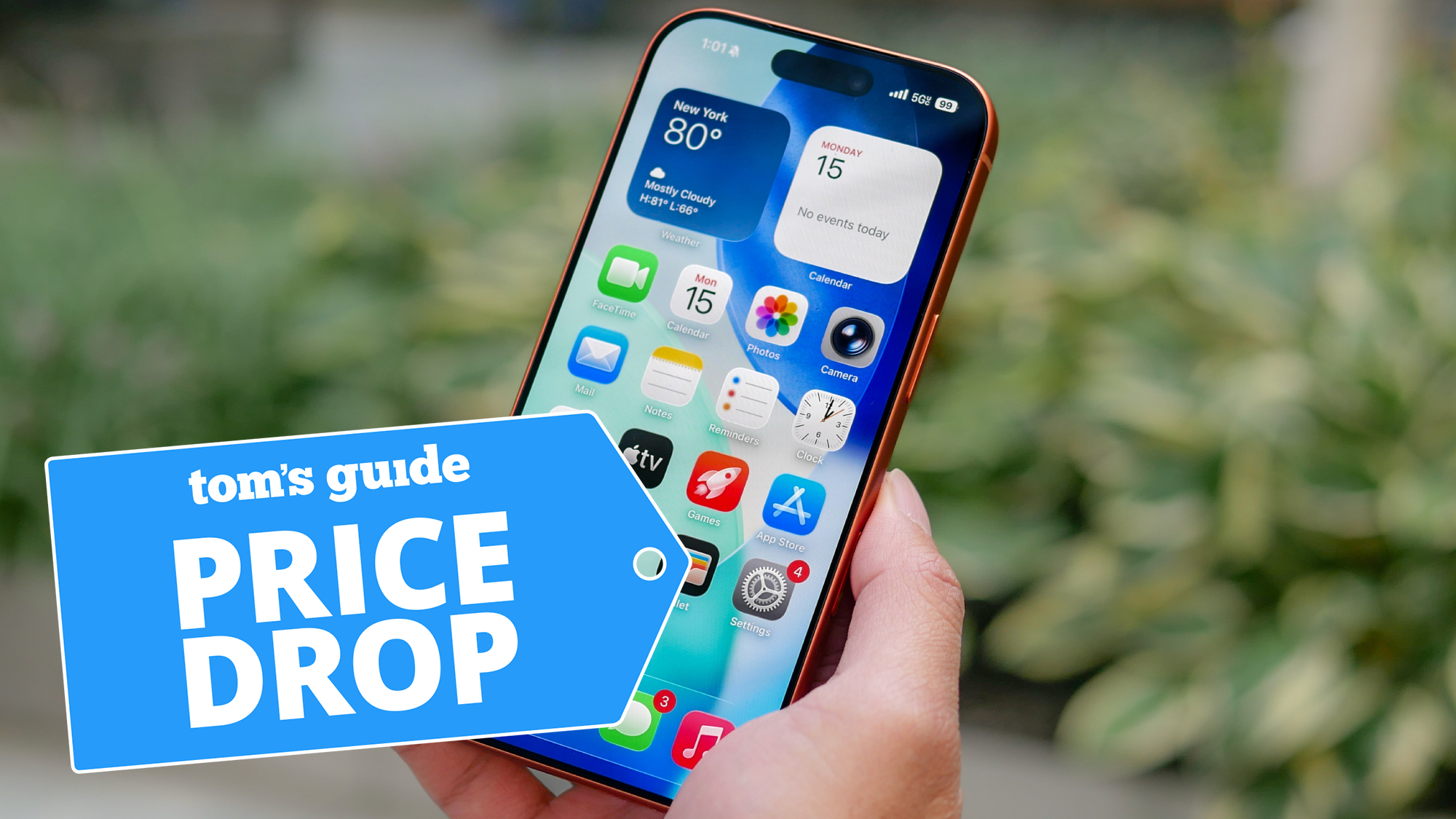Amazon is launching Alexa Plus with ChatGPT-style features — but it might cost you
Would you pay for Alexa?

Here at Tom’s Guide our expert editors are committed to bringing you the best news, reviews and guides to help you stay informed and ahead of the curve!
You are now subscribed
Your newsletter sign-up was successful
Want to add more newsletters?

Daily (Mon-Sun)
Tom's Guide Daily
Sign up to get the latest updates on all of your favorite content! From cutting-edge tech news and the hottest streaming buzz to unbeatable deals on the best products and in-depth reviews, we’ve got you covered.

Weekly on Thursday
Tom's AI Guide
Be AI savvy with your weekly newsletter summing up all the biggest AI news you need to know. Plus, analysis from our AI editor and tips on how to use the latest AI tools!

Weekly on Friday
Tom's iGuide
Unlock the vast world of Apple news straight to your inbox. With coverage on everything from exciting product launches to essential software updates, this is your go-to source for the latest updates on all the best Apple content.

Weekly on Monday
Tom's Streaming Guide
Our weekly newsletter is expertly crafted to immerse you in the world of streaming. Stay updated on the latest releases and our top recommendations across your favorite streaming platforms.
Join the club
Get full access to premium articles, exclusive features and a growing list of member rewards.
Amazon has been working on an upgraded version of Alexa that will allow you to hold a natural conversation, similar to the way ChatGPT works — but it will reportedly come at a cost.
Alexa Plus is expected to launch later this year, a new version of the voice assistant built on a large language model similar to Microsoft Copilot or Google Bard.
To cover the increased cost of running generative AI at scale Amazon is expected to charge a monthly subscription, according to a report by Business Insider. No details on pricing have been revealed.
The company already has a raft of subscription products including Prime, Kids+ and Kindle Unlimited, so this plan is likely to work in a similar way.
What do we know about Alexa Plus?
In September Amazon held an Alexa event where it revealed it was working on a serious upgrade for Alexa that would use generative AI to give it better reasoning and communication abilities.
One of the more significant changes, beyond being able to hold a conversation, will be its ability to recognize the difference between taking a pause and actually being finished with the request.
The company has been testing this version of Alexa on 15,000 users across the U.S. and dubbed it “Remarkable Alexa” due to its communication skills.
Get instant access to breaking news, the hottest reviews, great deals and helpful tips.
With the announcement, Amazon also unveiled new developer tools that allowed for the launch of Alexa Skills built on a large language model. The first of those launched last week included on to make music from a simple voice prompt.
Why charge for AI?

Artificial intelligence, particularly generative AI, isn’t cheap. Running these large language models currently requires significant compute resources.
Alexa currently uses a form of natural language AI that relies on specific datasets that it can draw on to respond, such as contributor answers or Wikipedia. The next version of the assistant will be built on generative AI technology.
Companies like Microsoft are now charging for Copilot Pro and Google is expected to launch a paid version of Bard this year.
Disagreements over the direction
To build the large language model, integrating with third-party services and the new approach to voice assistance, Amazon is said to be creating an entirely new technology stack with a more centralized structure.
The report from Business Insider suggests there is some disagreement between the team that built the original Alexa and those assigned to create Alexa Plus.
The older team wants to keep elements of their work in Alexa going forward but that is causing a bloat to the technology and leading to undesirable results.
Whatever approach ends up winning through, it is certain we will see the rise of a new generation of premium voice assistants this year. Apple is likely launching its own Siri GPT at WWDC and Google is adding Bard to Assistant.
More from Tom's Guide
- Leonardo AI image generator adds new video mode
- Pika 1.0 AI video generator is free to try right now
- I just tried Runway's new generative AI video features

Ryan Morrison, a stalwart in the realm of tech journalism, possesses a sterling track record that spans over two decades, though he'd much rather let his insightful articles on AI and technology speak for him than engage in this self-aggrandising exercise. As the former AI Editor for Tom's Guide, Ryan wields his vast industry experience with a mix of scepticism and enthusiasm, unpacking the complexities of AI in a way that could almost make you forget about the impending robot takeover.
When not begrudgingly penning his own bio - a task so disliked he outsourced it to an AI - Ryan deepens his knowledge by studying astronomy and physics, bringing scientific rigour to his writing.
 Club Benefits
Club Benefits










